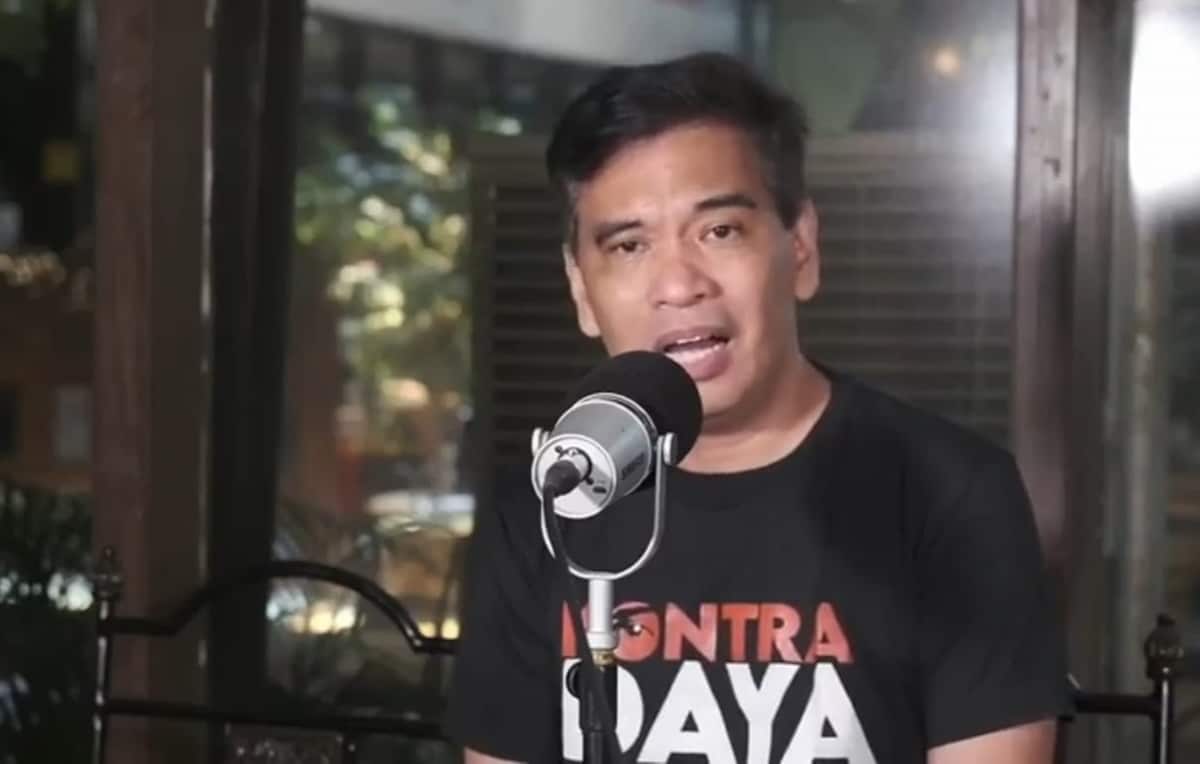Majority of party-list groups do not represent the poor – poll watchdog

Kontra Daya convenor Danilo Arao (Photo from his Facebook page)
MANILA, Philippines — The majority of party-list groups running for midterm polls do not represent the poor and marginalized, poll watchdog Kontra Daya revealed Wednesday as it decried what it deemed as “hijacking and bastardization” of the system.
Danilo Arao, group convenor, said on Wednesday that 86 — or 55.13 percent — of the 156 party-lists who filed their Certificate of Nomination and Acceptance (Cona) were not representing the poor and marginalized.
However, the total number of party-list groups in the May 12 ballots is only 155 since Wage Hike party-list has withdrawn its Cona.
Kontra Daya’s findings, Arao said, meant that the party-list system has become a “playground” of the rich and powerful political clans, who use it as a “backdoor” to get more seats.
READ: Senators want purge of party-list system
“The hijacking and bastardization of the party-list system are reflective of how Philippine politics has become a virtual playground for the rich and powerful,” Arao told INQUIRER.net in a text message.
“With the normalization of ‘money politics’ comes the party-list election as a convenient backdoor to Congress, aside from getting additional seats for district representatives who are part of political clans,” he added.
Arao said that most of the 86 flagged party-list groups belong to political clans, while big business interests and military were also well represented.
The watchdog also flagged party-list groups with “dubious advocacy” and those whose nominees were involved with pork barrel, plunder, and graft.
Arao also noted that some nominees provided limited information in Conas submitted to the Commission on Elections.
Of the 86 party-list groups, Arao said 40 are from political dynasties, 25 represent big businesses, 18 have police and military connections, 11 have “dubious advocacies”, nine with “incomplete information”, and seven with nominees allegedly involved with corruption.
Arao said Kontra Daya began monitoring the party-list system when the group was established in 2007.
In the 2022 elections, Kontra Daya learned that 70 percent — or 120 — of the 177 party-list groups “hijacked by the rich and powerful” while in 2019 polls, at least 50 percent — or 62 — out of 134 party-list groups were also flagged by the poll watchdog.
Arao said Kontra Daya noticed that, since it began its monitoring, “political clans, big businesses, and other questionable entities continue to lord over the party-list system.”
“Numbers may change but the situation remains that the marginalized get further marginalized by the party-list law which is supposed to provide representation,” Arao said.
Arao continued: “That is how brazen the rich and powerful has become. They are not satisfied with majority district representative membership and they also want to dominate the minority party-list representative membership. The situation is patently unacceptable.”


















